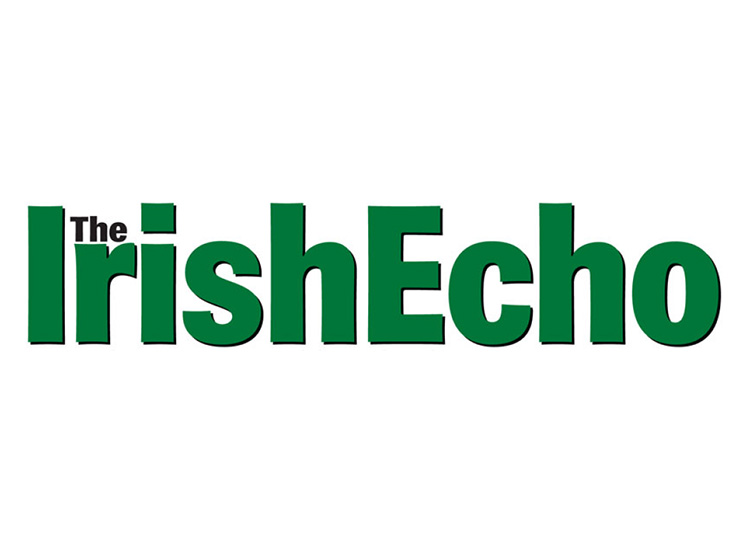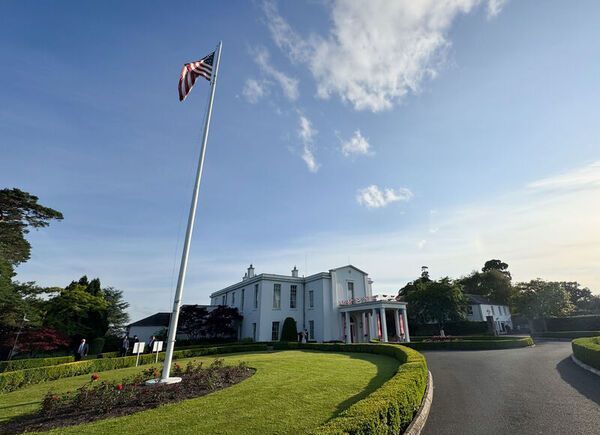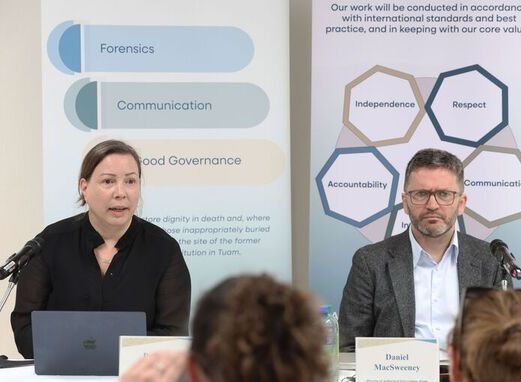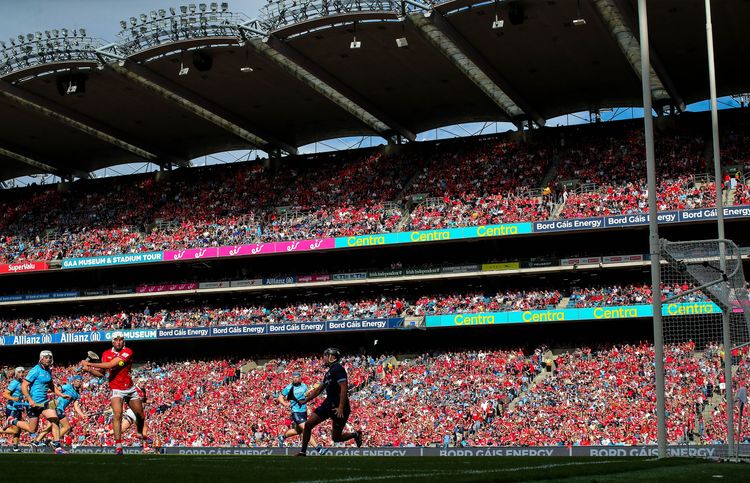British Prime Minister Theresa May. RollingNews.ie photo
By Anthony Neeson
Two candidates in this week’s European election in Ireland have hit out at suggestions that British Prime Minister Theresa May is prepared to give concessions to the DUP to secure its support for her Brexit deal.
Last week, Brexit talks between the British government and the Labour Party collapsed in London.
Mrs. May has already agreed a timetable for her departure as Prime Minister when MPs once more vote on her Brexit deal in June, but before that happens she is preparing to make a “bold offer” to MPs in a bid to get her deal through Parliament.
“When the Withdrawal Agreement Bill comes before MPs, it will represent a new, bold offer to MPs across the House of Commons, with an improved package of measures that I believe can win a new support,” she wrote in the Sunday Times.
“Whatever the outcome of any votes, I will not be simply asking MPs to think again.
“Instead, I will ask them to look at a new and improved deal with fresh pairs of eyes – and to give it their support.”
However, Fianna Fáil MEP candidate for Midlands North West, Brendan Smith TD, warned that alternative arrangements to the backstop - which will ensure no hard border in Ireland under any circumstances - will not be tolerated by people living along the border.
“The EU has stood firm behind Ireland, saying there can be no withdrawal agreement without the backstop,” Smith said.
“Fine Gael has allowed Brexit to fall off the political agenda in recent weeks, and this vacuum has created space whereby the British Prime Minister has slipped back into thinking that the backstop is up for negotiation.”
On the other side of the border, Sinn Féin’s Martina Anderson responded to claims that the British government intend to give a role to Stormont in implementing the backstop, warning that it would give a veto to the DUP.
She said: “No member state can have a veto over single market and customs union rules so it’s inconceivable that the DUP would be able to block the Withdrawal Agreement via Stormont.”
Tánaiste Simon Coveney has ruled out any renegotiation of the Withdrawal Agreement between the UK and the EU.
“It’s not up for renegotiation,” he said. "Even if there is a new British prime minister… the personality might change here, but the facts don’t.”
Bookmakers have made former foreign minister and leading Brexiteer, Boris Johnson, the favorite to be the new British prime minister when Theresa May steps aside.
On Tuesday evening May said her proposed new Brexit deal will seek to conclude alternative arrangements for the Irish backstop by December 2020.
The Irish Independent reported that as part of her proposed Withdrawal Agreement, the House of Commons could hold a vote on whether a second referendum should take place ahead of any ratification of the Withdrawal Agreement.
This means the deal could be voted through the Commons, but a second referendum could be held before that deal takes effect.
Unveiling her new proposals, May said she had listened to "Unionist concerns" about the backstop, saying that if the backstop ever comes into force, the government in London will "commit to ensure that Great Britain will stay aligned with Northern Ireland.”
In her statement, May said the new Brexit deal will seek to conclude alternative arrangements for the Irish backstop by December 2020.
"Although it's not possible for (alternative arrangements) to replace the backstop in the Withdrawal Agreement, we can start the work now to ensure they are a viable alternative.
"So as part of the new Brexit deal we will place the government under a legal obligation to seek to conclude alternative arrangements by December 2020 so that we can avoid any need for the backstop coming into force."
The new Brexit deal goes further, she said.
"It will commit that should the backstop come into force the government will commit to ensure that Great Britain will stay aligned with Northern Ireland.
"We will prohibit the proposal that a future government could split Northern Ireland off from the UK's customs territory."
The backstop, however, is a measure intended to ensure that there is no return to a hard border on the island of Ireland so any proposal to change it will be a cause for concern in Dublin and Brussels.
RTE reported that May said the Northern Ireland Assembly would have to give consent for new arrangements added to the backstop. The Assembly, however, is currently in suspension.
The Withdrawal Agreement Bill will go to the House of Commons in early June, with defeat likely to hasten May’s departure from Number 10, the RTE report added.
Meanwhile, the Irish Times was reporting that Tánaiste and Minister for Foreign Affairs and Trade, Simon Coveney, was warning that there was still the potential of the UK crashing out of the European Union, a so-called No Deal Brexit.









